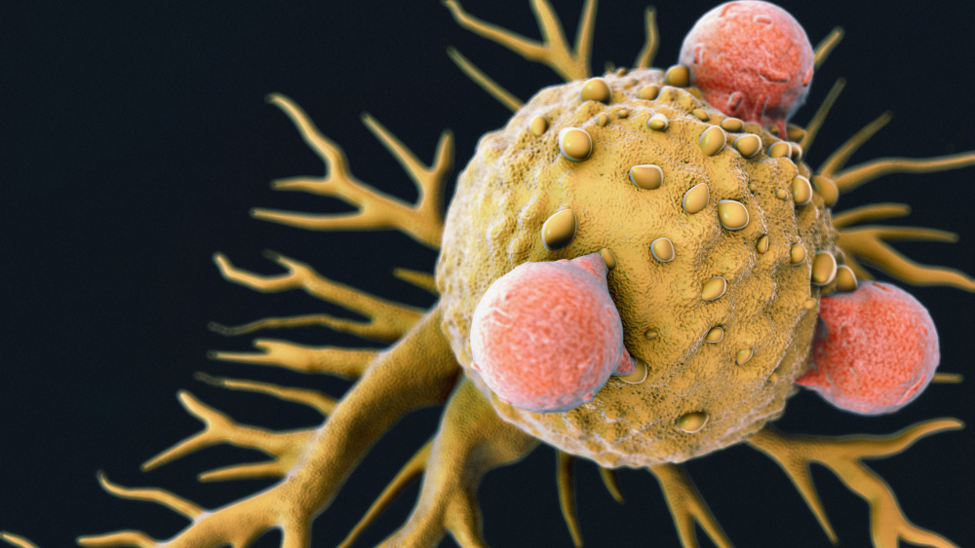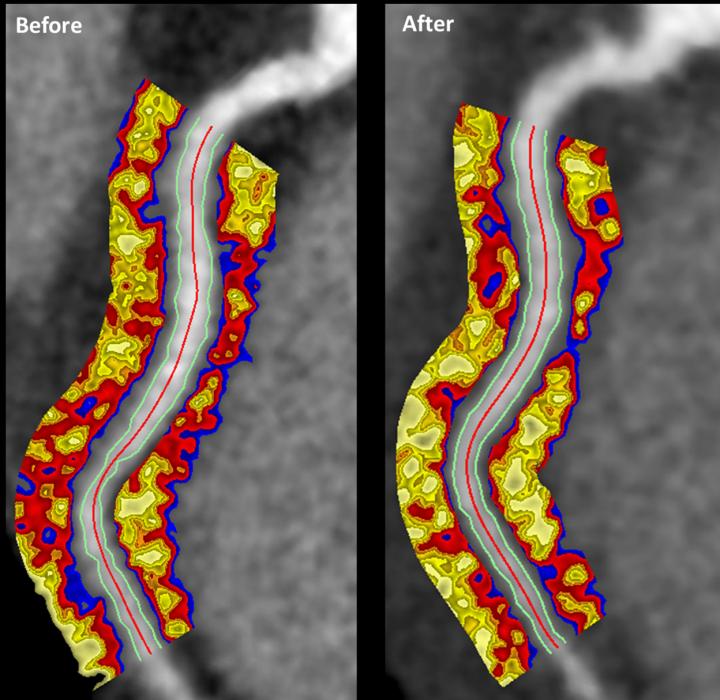Researchers from New York University Abu Dhabi have developed a new fluid-analyzing platform that allows for the isolation of circulating tumor cells (CTCs) that are found during metastasis.
Cancer is a leading cause of death worldwide, however when it is caught late it is difficult to treat. The ability to catch the cancer in its early stages, before metastasis, is known to have higher cancer survival rates.
The technology has been featured in the Nature journal, Microsystems and Nanoengineering. The article states “it is becoming increasingly clear that an understanding of the nanomechanical characteristics of CTCs, such as elasticity and adhesiveness, represents advancements in tracking and monitoring cancer progression and metastasis.”
The article also shows that effective isolation of CTCs from prostate cancer patients’ blood samples allows for high precision analysis of CTCs’ mechanical properties at the single cell level.
“We expect that this platform could constitute a potentially very powerful tool for cancer diagnosis and prognosis, by identifying CTCs mechanical and biological phenotypes at the single cell level,” said Mohammad A. Qasaimeh, assistant professor of Mechanical and Biomedical Engineering at NYUAD.
The developed platform captures CTCs from blood samples and exposes them to atomic force microscopy mechanical characterizations at the nanoscale, in search of new metastatic mechano-biomarkers.
When looking at CTCs, their lifespan and interactions in the bloodstream are not very well known, even though the general lifecycle is recognized. This is due in part to the fact that they are very difficult to isolate from surrounding healthy blood cells. Therefore, the biological and mechanical phenotype of CTCs are often yet to be explored. In other words, this technology could potentially assist in the early detection of cancer but can also be used to track and monitor the progression of cancer and metastasis.
“With slight customizations, the platform can also be adapted to other types of cancers including breast and lung,” said the first author of the study and the research scientist of Engineering at NYUAD, Muhammedin Deliorman.
The scientists hope that using this tool could aid in identifying aggressive cancer CTC phenotypes in order to develop more effective therapies.












Join or login to leave a comment
JOIN LOGIN